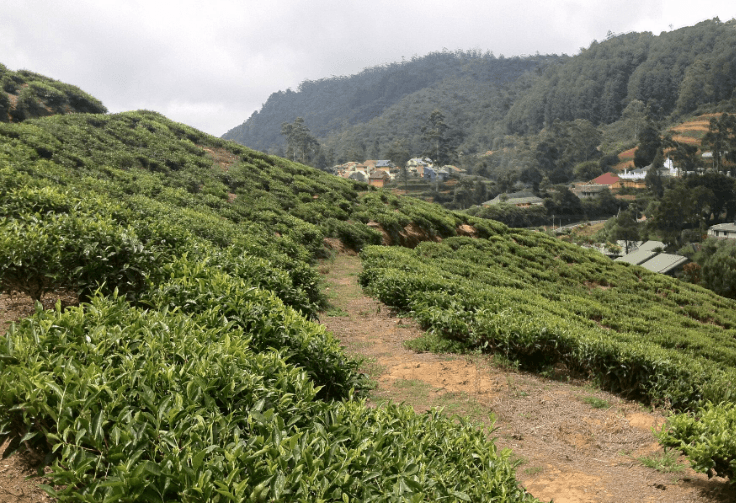
In the business world, they say mergers and acquisitions are necessary to eliminate redundancies and improve efficiencies. And considering the numerous environmental problems the world faces, from deforestation to ensuring the planet can sustainably and responsibly feed a rapidly growing population, M&A rules can certainly apply to the non-profit world.
To that end, New York City-based Rainforest Alliance and UTZ of Amsterdam have announced that they will merge later this this year.
Both organizations have a strong track record of promoting sustainable agriculture, while ensuring farmers receive a fair price for their crops akin to various fair trade programs underway worldwide. Rainforest Alliance has been successful in both holding companies accountable for their supply chain operations in countries where regulations and law enforcement are often lax. But the organization has also forged constructive partnerships with various companies, including its work with Procter & Gamble on the global paper trade. It has even landed fair trade coffee from Nicaragua at your local 7-Eleven.
UTZ is more familiar to our cousins across the pond, but can also boast about its work to ensure more responsibly-sourced food and beverage products are now featured in Europe’s supermarkets and cafes. The NGO claims a broad reach, with over 850,000 farmers registered within its agriculture programs; those landowners in turn employ an additional 424,000 workers who together raise UTZ-certified crops on 2.7 million acres of land. And in business-speak, UTZ can certainly claim several “wins,” from transforming tea production in Sri Lanka to improving cocoa farming and production in remote regions of Indonesia.
According to a press release, the new entity will keep the Rainforest Alliance name. Han de Groot, currently the executive director of UTZ, will serve as the CEO of the new and expanded Rainforest Alliance. Nigel Sizer, who is now president of Rainforest Alliance, will have a new role as of Chief Program Officer, Advocacy, Landscapes and Livelihoods – effectively becoming the organization’s chief operating officer. The new Rainforest Alliance will continue to be a member of the global Sustainable Action Network (SAN).
“Our missions are very similar, to work with farmers and communities in an effort to protect the natural environment and help mitigate the effects of climate change on a global scale,” said Sizer in an emailed statement to TriplePundit. “By uniting with UTZ, we will combine our strengths to expand our impact on improving the lives of farmers and forest communities, protecting biodiversity and championing companies that are on the path to sustainability.”
While the various sustainable agriculture certification standards have improved livelihoods and environmental stewardship worldwide, one complaint of both companies and consumers is that the various stamps, seals and logos displayed on packaging and marketing collateral often cause confusion. On that point, Rainforest Alliance has noted that at least 182,000 tea, coffee and cocoa farmers have been certified under both standards. Having one strong certification standard, and a globally recognized brand, will eliminate the doubling of administrative tasks in order to stay complaint with both programs. And the move could generate even more success, as it would convince more farmers and companies to either adopt this certification or, in the case of food and beverage companies, partner with Rainforest Alliance.
This new and expanded Rainforest Alliance will still face countless challenges with its sustainable development programs despite its boost in size and outreach. Political chaos in Brazil, for example, has led to accelerated deforestation after the work of NGOs succeeded in slowing that trend during the past decade. And as more food and personal care companies covet palm oil as a key ingredient, new lands are being harvested in Africa – often in countries in which weak legal and regulatory infrastructures make it difficult to ensure new development does not come at the harsh cost of human rights and wildlife destruction.
Image credit: Leon Kaye

Leon Kaye has written for 3p since 2010 and become executive editor in 2018. His previous work includes writing for the Guardian as well as other online and print publications. In addition, he's worked in sales executive roles within technology and financial research companies, as well as for a public relations firm, for which he consulted with one of the globe’s leading sustainability initiatives. Currently living in Central California, he’s traveled to 70-plus countries and has lived and worked in South Korea, the United Arab Emirates and Uruguay.
Leon’s an alum of Fresno State, the University of Maryland, Baltimore County and the University of Southern California's Marshall Business School. He enjoys traveling abroad as well as exploring California’s Central Coast and the Sierra Nevadas.














